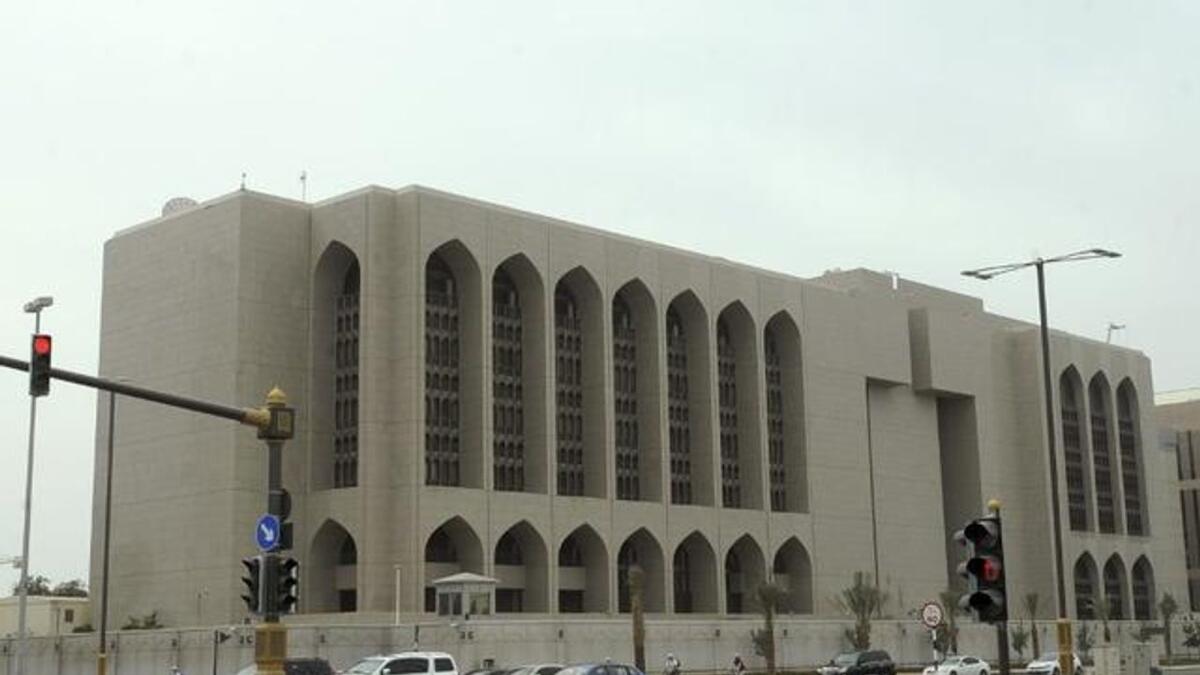The Central Bank of the UAE (CBUAE) has recently raised its forecast for GDP growth in 2024 to 4.0 per cent, up from the previous forecast of 3.9 per cent. This increase is attributed to improvements in the oil sector’s performance. The apex bank also predicts a six per cent GDP growth in 2025, driven by the UAE’s diversification strategy, which includes bilateral Comprehensive Economic Partnership Agreements (Cepas). These agreements are expected to boost the country’s exports by 33 per cent and contribute over Dh153 billion to the GDP by 2031.
In the first half of 2024, the UAE’s non-oil foreign trade hit a record Dh1.4 trillion, with a 25 per cent year-on-year surge in non-oil exports driving an 11.2 per cent increase in the aggregate non-oil foreign trade. The UAE’s real GDP grew by 3.6 per cent in 2023, driven by a 6.2 per cent expansion in the non-oil sector, particularly in tourism, real estate, and finance. Khaled Mohamed Balama, Governor of the CBUAE, emphasized the strength and resilience of the UAE’s financial system amid global challenges.
The CBUAE’s Financial Stability Report for 2023 highlighted the favorable domestic conditions that shielded the UAE’s financial system from adverse global economic trends. The report also showcased the resilience of the UAE banking sector in 2023 with robust capital buffers, favorable liquidity conditions, improved asset quality ratios, and increased profitability. The report provided a detailed assessment of global and local macroeconomic trends, money market developments, and the UAE banking system.
The CBUAE’s policy interventions were effective in demonstrating the continued resilience of the UAE financial system. The stress test conducted by the CBUAE in 2023 affirmed the banking system’s ability to withstand challenges such as inflation and market uncertainty. The UAE insurance sector remained resilient with adequate solvency, continued growth in gross written premiums, and improved profitability. Progress was made in enhancing financial stability within the UAE’s payments infrastructure through key initiatives under the National Payment Systems Strategy.
The CBUAE highlighted the launch of the Instant Payment Platform ‘Aani’ to simplify payment functionality and the progress made on the Central Bank Digital Currency program, with an initial launch of the Digital Dirham scheduled for 2024. The UAE successfully completed the Financial Action Task Force (FATF) Action Plan requirements in March 2024, exiting the enhanced monitoring process and strengthening the integrity of the financial system. The establishment of the Financial Stability Council in 2023 aims to promote and protect financial stability and ensure the financial system contributes effectively to sustainable economic development.
In conclusion, the UAE’s financial system has shown resilience and strength, as highlighted in the CBUAE’s Financial Stability Report for 2023. With proactive risk management measures, robust regulatory frameworks, and strategic initiatives, the UAE is well-positioned to navigate future challenges and maintain its position as a leading financial hub. The country’s diversification strategy, bilateral agreements, and focus on sustainable growth will continue to drive economic prosperity in the coming years.











